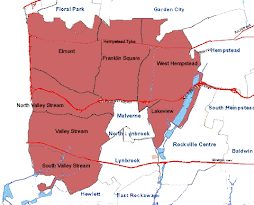Cyberbullying is: Using technology in a hostile way that is intended to harm others.
Bullying has spread from the playground to the Internet. With one click of button it reaches into a mass audience further and faster then ever.
Although some may think cyber bullying is fun and entertaining, what they might not know is that is traceable and in some cases a crime.
Types of online bullying behaviors:
Flaming Angry rude arguments
Harrassment Repeatedly sending offensive messages
Denigration Dissing someone online by spreading rumors or posting false info
Outing and Trickery Disseminating intimate private information that is then sent to others who were never meant to read it
Impersonation pretending to be someone else and posting material to damage that person’s reputation
Exclusion Intentional exclusion from an online group by blocking them.
Cyberstalking: creating fear by sending offensive messages and other harmful online activities
Cell phones have been used to take pictures at school and then pictures posted on line
Kids might not tell you they’re being bullied because of fear of revenge by the bully. Some think no one can or will help them. Others think it will make things worse.
Kids might feel that they will lose privileges of using the computer.
How do you know if your child is a target?
Hopefully they’ll come to you. If not, pay attention to their behavior when they are at the computer. If you notice they are often upset ask what’s going on. Also go to the internet yourself and using the google search engine type in your child’s first and last name in quotes to see if there is anything posted on a website.
· Be observant, recognize the problem when it’s happening,
· Talk to your child about what you expect. Addressing this behavior will let your child know you will not condone it. Caution against joining in on bullying, it’s just as bad as starting it.
· Explain we don’t say anything online we wouldn’t say to someone’s face. Email is not private, a mean remark can be easily forwarded.
· Because email and instant messages don’t include facial expressions, communication can be misinterpreted.
· Stress that passwords should never be shared; someone else could send emails from your child’s account.
· Do not let your child respond to the bullying online. That can make it escalate.
· Let your child know your there for them.
· Make sure the Instant message “buddy list” is limited only to people they know and block all other incoming messages.
· Save the offending messages to your hard drive. The IP provider will want live communication not just a printout.
· Limit time spent online.
Tuesday, October 20, 2009
Subscribe to:
Post Comments (Atom)


No comments:
Post a Comment